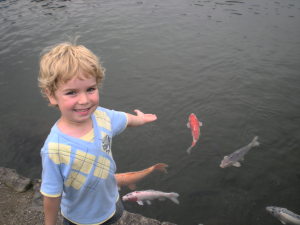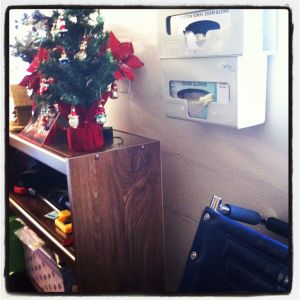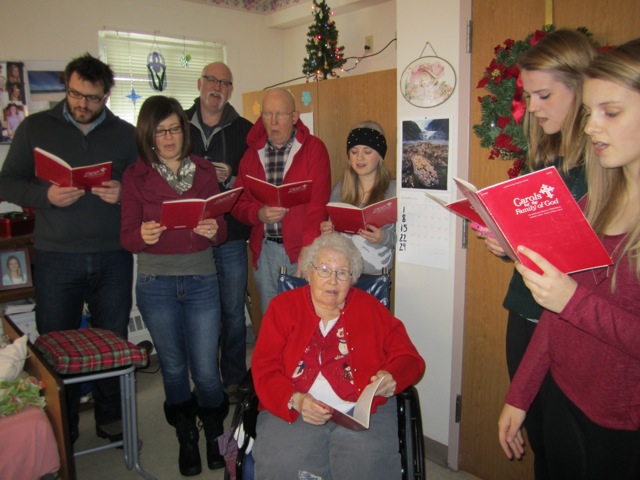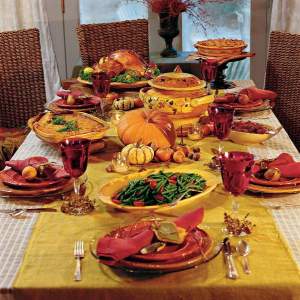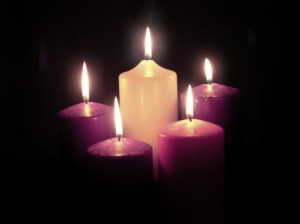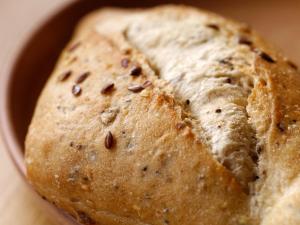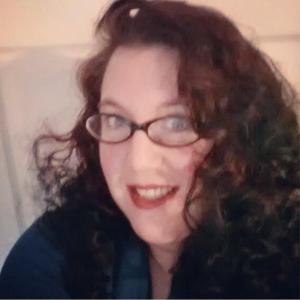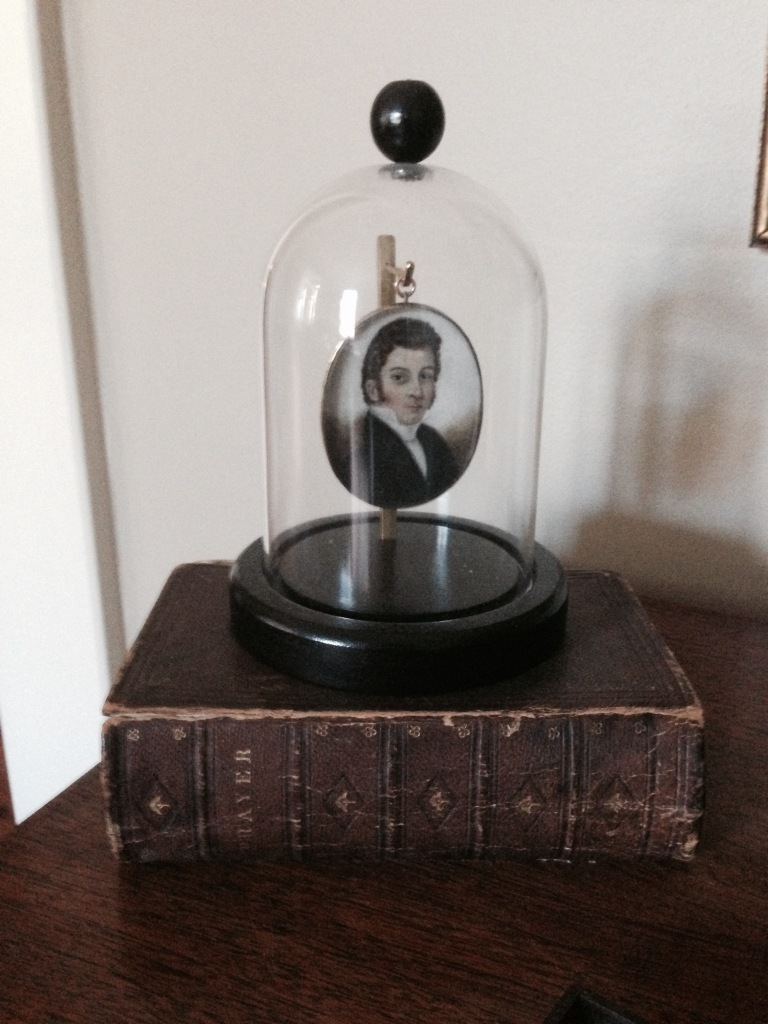All my favorite people are broken
Believe me
My heart should know…Orphaned believers, skeptical dreamers
You’re welcome
Yeah, you’re safe right here
You don’t have to go—Linford Detweiler, Over the Rhine
***
“Good morning, Friendship!”
“Good morning, Darryl!”
And so begins the weekly ritual of Friendship Community Church congregation members sharing praises and prayer requests, joys and concerns.
It is November 1995, and I have been attending this quirky inner-city, inter-racial Presbyterian church for a little more than a year. Tucked between the university community and Pittsburgh’s Hill District—made famous in the 1980s crime drama Hill Street Blues— it is a modest cinderblock building that more closely resembles a Jehovah’s Witness Kingdom Hall than the hundreds of Gothic, steepled church buildings that populate this post-industrial city.
The wooden pews are five deep along three of the four walls of the sanctuary; we are a congregation “in the round.” I glance at the faces of these men and women—young and old, black and white, rich and poor—who are becoming more familiar to me, week by week. This is very much not like the homogeneous all-white, suburban, formal, upper-middle-class Presbyterian congregations I grew up attending.
The prayer requests begin.
A white female med school student asks us to pray for her grandmother, who has been diagnosed with breast cancer.
Mr. Chappelle, an elderly African-American gentleman with snowy white hair, raises his hand to remind us, as he does every week, to pray for “the homeless and the afflicted.”
A middle-aged white man announces, with a mixture of pride and bewilderment, that he and his wife are expecting their fourth child. It looks like a career change may also be on the horizon in order to support their growing family.
A young, skinny black woman thanks God for waking her up this morning and adds that she has now been clean and sober for 27 days. We applaud.
A black woman in her 70s is wearing her customary Sunday-best hat; she stands up and clears her throat. And then, as she did last week and will again next, she slowly and deliberately recites Psalm 23:
The Lord is my shepherd; I shall not want.
He maketh me to lie down in green pastures: he leadeth me beside the still waters.
He restoreth my soul: he leadeth me in the paths of righteousness for his name’s sake.
Yea, though I walk through the valley of the shadow of death, I will fear no evil:
for thou art with me; thy rod and thy staff they comfort me.
Thou preparest a table before me in the presence of mine enemies:
thou anointest my head with oil; my cup runneth over.
Surely goodness and mercy shall follow me all the days of my life:
and I will dwell in the house of the Lord forever.
More requests and praises. Someone who arrived after the earlier greeting and announcement time tries to disguise a meeting announcement as a prayer request, and we all laugh. And then someone asks, “Has anyone seen Johnnie lately?”
Silence.
Johnnie is a tall black man with an infectious smile who has been attending Friendship Church since he was a child. Johnnie is also a drug addict. He hasn’t been in church for months now, but occasionally, someone will run into him in another part of the city.
We never forget to pray for Johnnie.
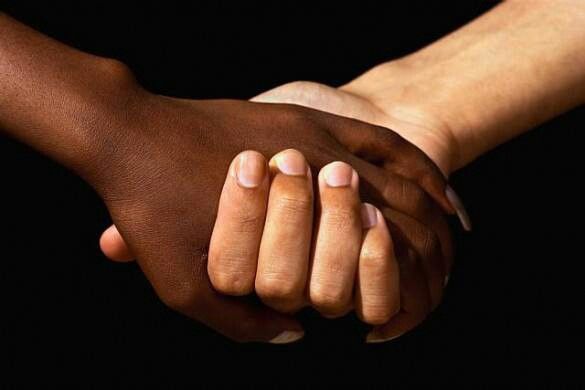 As we do every week, we join hands with the people on either side of us—if necessary, reaching for the hand of a person in front of or behind us—and Darryl invites us to “pray the prayer Jesus taught his disciples to pray.” We bow our heads and lift our voices:
As we do every week, we join hands with the people on either side of us—if necessary, reaching for the hand of a person in front of or behind us—and Darryl invites us to “pray the prayer Jesus taught his disciples to pray.” We bow our heads and lift our voices:
Our Father, Who art in Heaven, hallowed be Thy name.
Thy Kingdom come, Thy will be done, on earth as it is in Heaven.
Give us this day our daily bread, and forgive us our trespasses as we forgive those who trespass against us.
Lead us not into temptation, but deliver us from evil.
For Thine is the Kingdom, and the Power, and the Glory forever.
Amen.
***
It is November 2016, the Sunday before Thanksgiving, and we’ve reached the point in the worship service for the Call to Confession. A tall broad-shouldered black man stands and ambles up to the microphone.
“Good morning, Friendship!” he says.
“Good morning, Johnnie!” we answer.
Johnnie is a husband and a father and a grandfather. He is founder and owner of a construction company which provides job training for young black men, offering them a way out of the destructive lifestyle that he himself indulged in two decades ago. Johnnie is a gifted story-teller and a jokester and a hugger. He is a respected elder in the church of his youth.
And Johnnie is a recovering drug addict.
Nearly every time Johnnie gets up to call us to confession—which is most Sundays—he makes us laugh or cry, and often both at the same time. As he encourages us to prepare our hearts to confess our sins, individually and corporately, he reminds us with illustrations from his own life what it means to worship a God of second—and third and fourth and fifth and seventy-times-seventy—chances.
Johnnie celebrated 18 years of sobriety a couple of weeks ago. When someone pointed this out, we applauded, and Johnnie was quick to remind us where the credit really belongs.
I wipe my eyes and remember sitting in these pews more than 20 years ago, alongside people who are still here and many others who have passed away or moved on. We asked, “Where’s Johnnie?” and we prayed that God would meet him wherever he was and rescue him.
And He did.
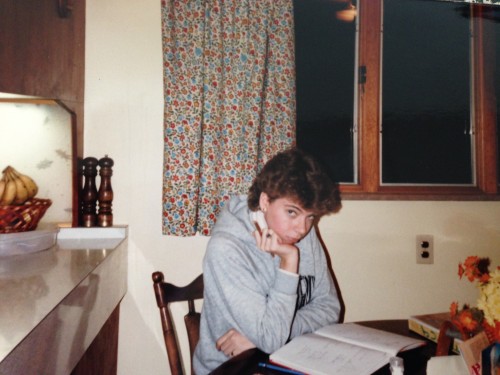

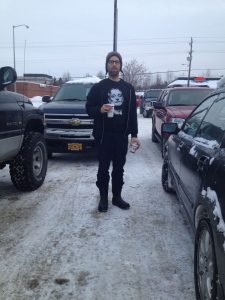
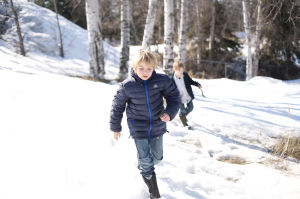
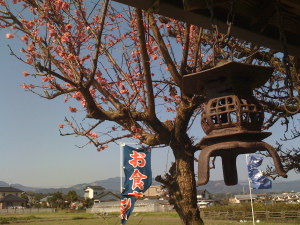
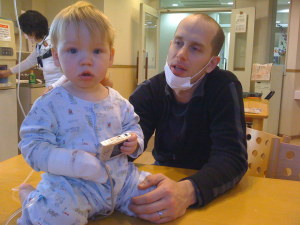
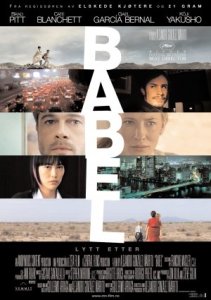
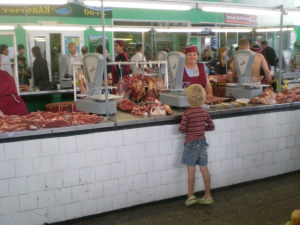 I’ve drifted through a Russian village meat market and stood slack-jawed watching a toothless man butchering a pig – cigarette dangling from his mouth, no shirt or gloves – in a way that would no doubt cause reps from both OSHA and the FDA to collapse from aneurysms. I’ve lived five miles deep in the woods of New Hampshire without running water all winter. Stood thigh-high in steaming piles of horse manure twenty-one miles up a mountain in Oregon, holding only a shovel and longing for nothing more than to finish the job and return to my wood-heated cabin and books a stone’s throw away.
I’ve drifted through a Russian village meat market and stood slack-jawed watching a toothless man butchering a pig – cigarette dangling from his mouth, no shirt or gloves – in a way that would no doubt cause reps from both OSHA and the FDA to collapse from aneurysms. I’ve lived five miles deep in the woods of New Hampshire without running water all winter. Stood thigh-high in steaming piles of horse manure twenty-one miles up a mountain in Oregon, holding only a shovel and longing for nothing more than to finish the job and return to my wood-heated cabin and books a stone’s throw away.